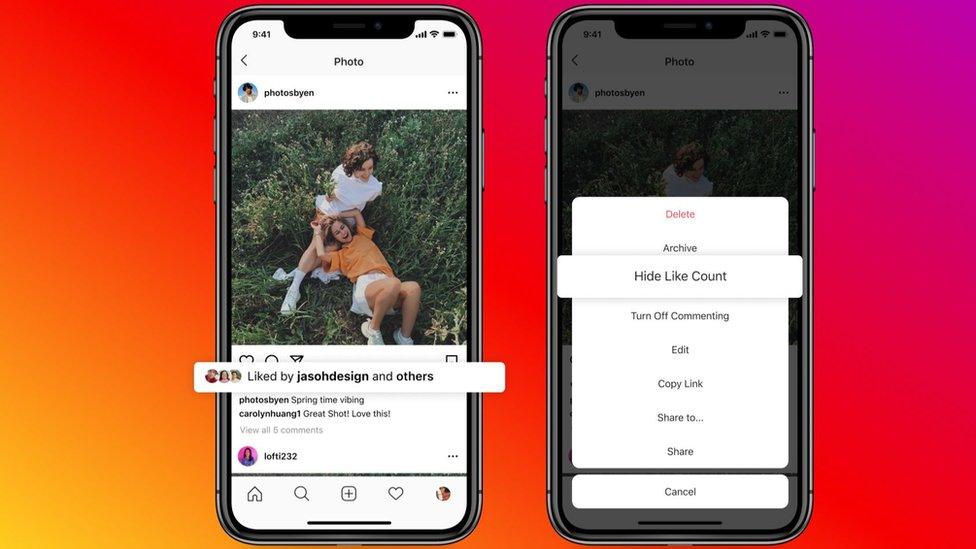Influencers react to Norway photo edit law: 'Welcome honesty' or a 'shortcut'?
- Published
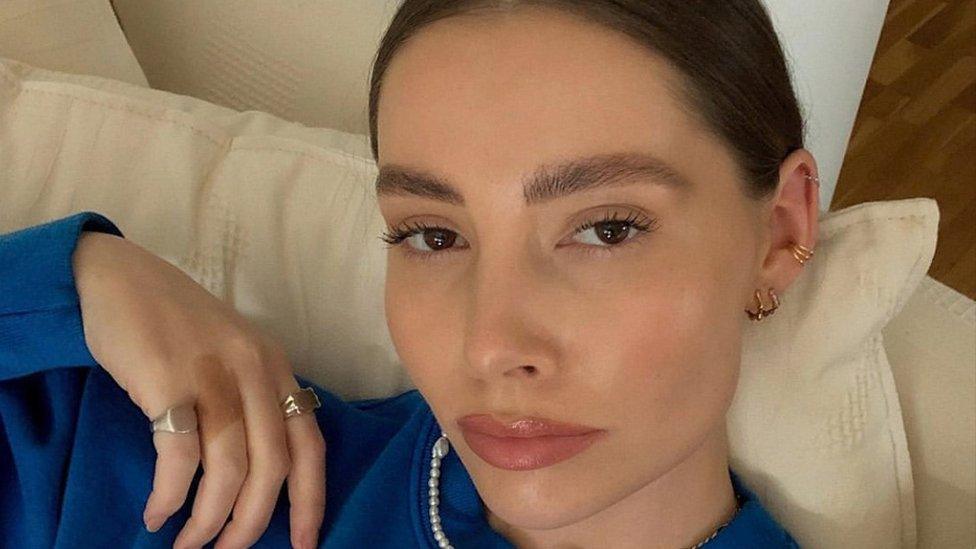
Norwegian Instagram influencer Madeleine Pedersen hopes the law will stop young people comparing themselves to pictures that aren't realistic
Flatter stomachs, bigger lips, smoother skin.
When we're scrolling through photos on social media, it's sometimes hard to tell what's been edited.
But would a disclaimer stating the post had been filtered or modified help to improve users' self-esteem?
A new law in Norway is coming into force that will mean social media influencers can't post modified photos without declaring what they've done.
The rules will affect any paid posts across all social media platforms, as part of an effort to "reduce body pressure" among young people.
'We need this law'
Madeleine Pedersen, 26, is an Instagram influencer from Moss in Norway.
She tells Radio 1 Newsbeat it's "about time" the rules were changed and hopes the law will stop young people comparing themselves to unrealistic images.
"There are so many people that are insecure about their body or face," she says.
"I have struggled with body issues because of Instagram, back in the day.
"The worst part is that I don't even know if the other girls I looked up to did edit their photos or not. That's why we all need answers - we need this law."
Madeleine doesn't "feel the need" to edit the way she looks in her posts, which reach an audience of more than 90,000 people.
She changes the "light, colours and sharpness to get a better vibe", but says she would never use an app to alter the way her face and body look.
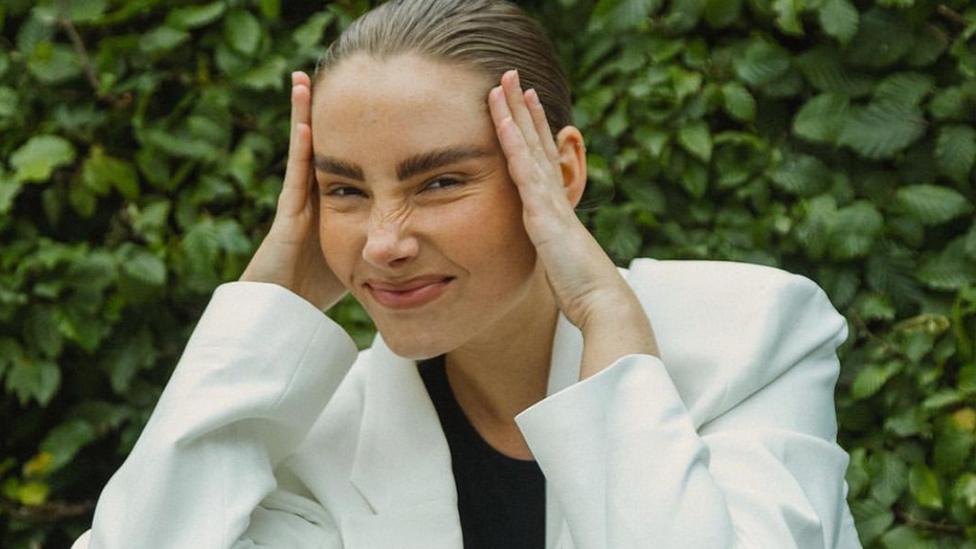
The new requirements were passed as an amendment to Norway's Marketing Act. The King will decide when they come into effect.
The government website says the aim is to help reduce pressure in society due to "idealised people in advertising".
"Among other things, a duty is introduced to mark retouched or otherwise manipulated advertising when this means that the person's body in the advertisements deviates from reality in terms of body shape, size and skin," it adds.
It will cover filters, like you might use on Snapchat, as well as digital alterations of things like body shape and size.
It affects anyone who is posting a paid promotion on social media - including many influencers, actors and singers.
Madeleine thinks the new requirements will mean influencers in Norway will be less likely to edit their pictures.
"They will be too embarrassed to admit it, so they will edit less, as they should," she says.
"You are beautiful, don't throw that away for some extra likes. That's not real life."
Eirin Kristiansen, a 26-year-old influencer from Bergen, Norway, agrees the new law is a "step in the right direction" - but thinks it's "not very well thought out".
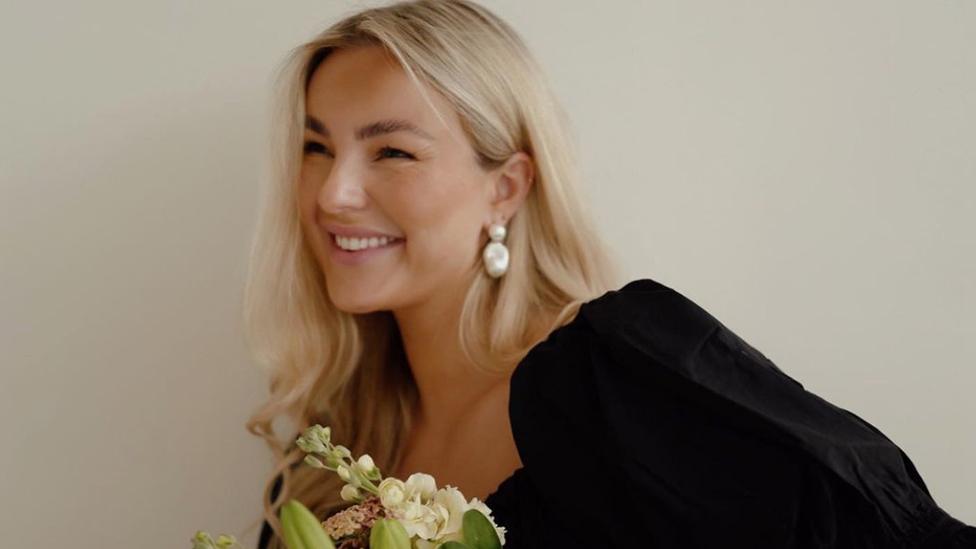
Eirin Kristiansen's not convinced the law will improve young people's body confidence
"To me, it seems more like a shortcut to fix a problem that won't really do any improvement," Eirin tells Newsbeat.
"Mental health issues are caused by so much more than an edited photo, and another badge on advertiser's photos won't change how young girls and boys truly feel, in my opinion."
A study by UK MPs last year found that the majority of under 18-year-olds said social media images were "extremely influential" on their body image.
Only 5% of under 18s in the survey said they wouldn't consider changing their appearance by doing things like dieting or getting surgery.
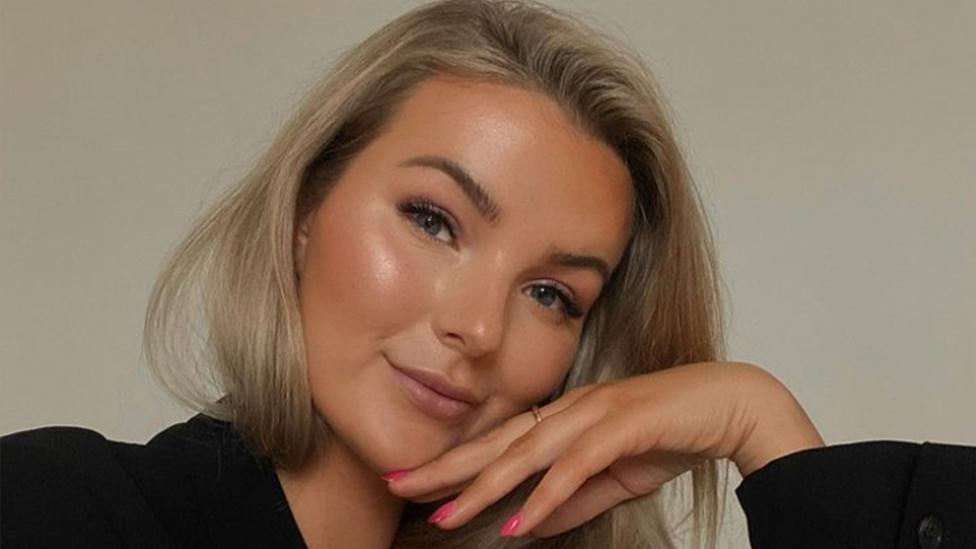
Eirin says she doesn't edit the way she looks in photos but does play around with "lights and colours" to capture a "mood".
"I believe we should focus more on how we can learn to be selective in what we see and learn how social media truly works," she says.
"Social media is here to stay."
Em Clarkson, an influencer from London, agrees that it's important to be selective about what we see.
The 26-year-old posts unedited pictures and often speaks out about the damage of filters and editing apps.
But she's not always been that way.
"When I was 16 I downloaded Photoshop and learnt how to Photoshop myself so I could upload this bikini picture of me to Facebook," she says.
"I know that if these [editing] apps had existed when I was as unhappy in my body as I was then, I would 100% be using them."
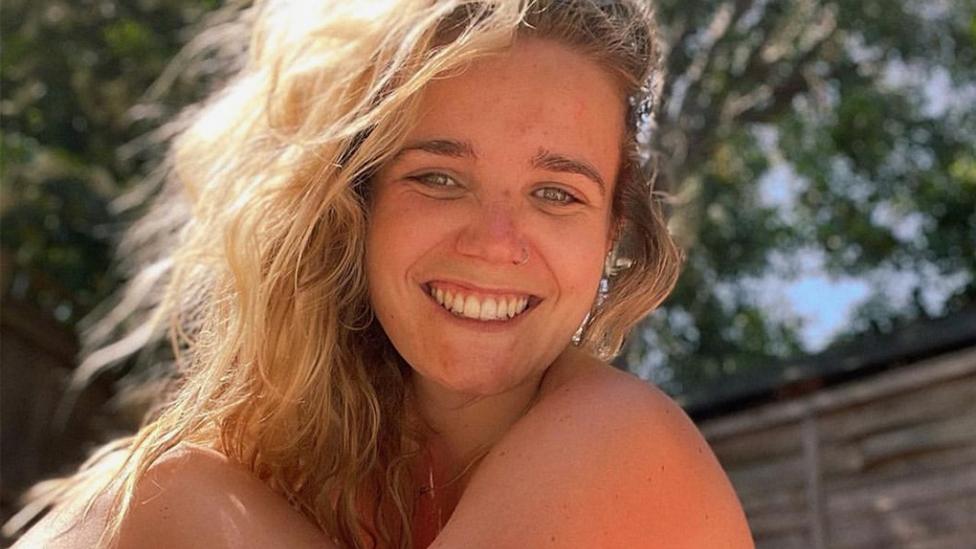
Em Clarkson wants the UK to bring in a similar law to Norway's
When she was younger, Em says she found it hard comparing herself with women she saw on magazine covers - which happened about twice a week.
But she worries for younger people on Instagram now who are seeing edited pictures "50, 100 times a day, every day".
There was a bill proposed by MPs in the UK to make it compulsory for people to declare altered images - but it never made its way through Parliament.
Em says the UK government needs to take the issue "more seriously" and bring in a law like Norway's.
"All the indicators are showing mental health problems, anxiety disorders, eating disorders, it's all on the rise," she says.
A government spokeswoman said they want to foster "fair, accountable and ethical online advertising" that works for everyone - and will consider edited images as part of their consultation on the Online Advertising Programme, announced in 2019.
"I was so lucky that I fell into an extraordinarily positive community on Instagram, but the vast majority of the internet isn't like that," Em adds.
"There has to be some base of which we agree to act responsibly, and I think [Norway's law] is a really good start.
"We can't say to people stop editing your images, that's not feasible. But to say to them, 'if you're going to do it, you need to be honest', that's great."


Follow Newsbeat on Instagram, external, Facebook, external, Twitter, external and YouTube, external.
Listen to Newsbeat live at 12:45 and 17:45 weekdays - or listen back here.
- Published22 June 2021

- Published2 September 2020
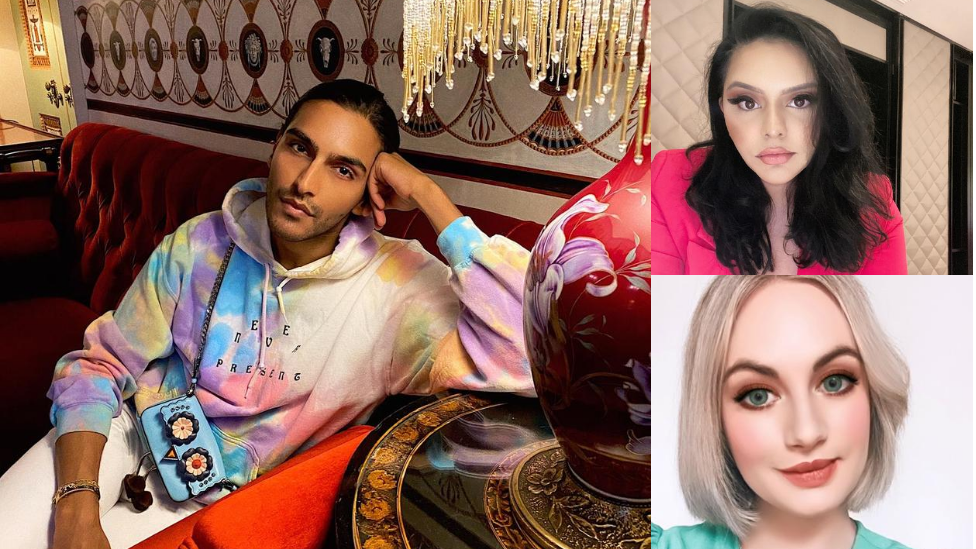
- Published26 May 2021
